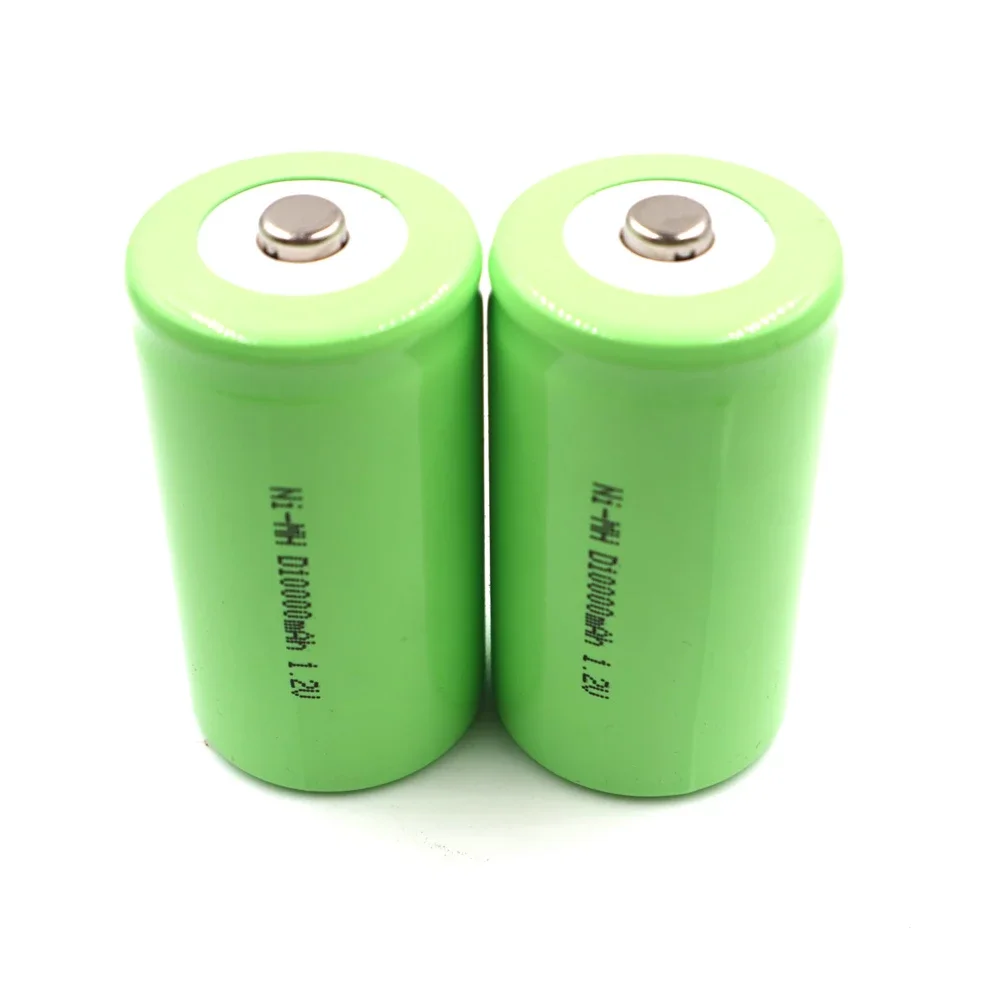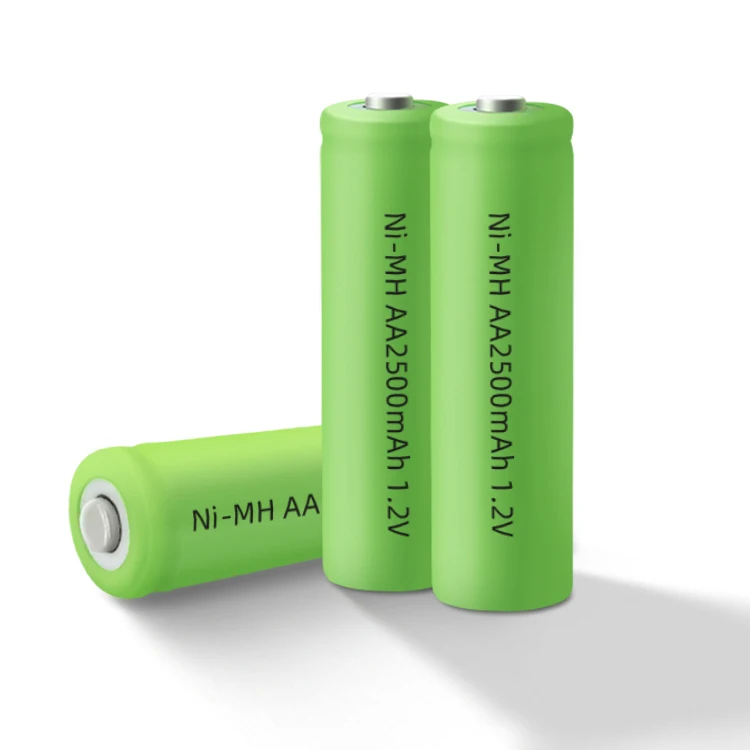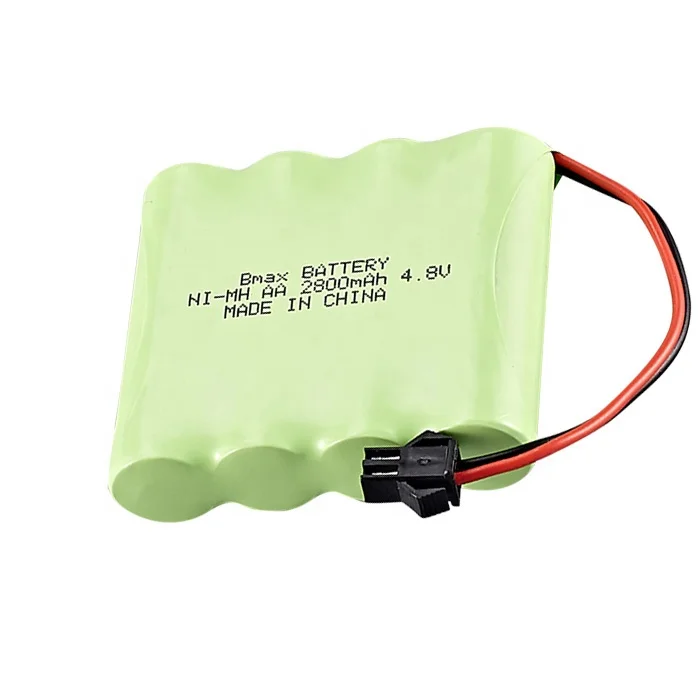- Durability and Reliability: NiMH batteries are known for their durability and reliability. They can withstand a large number of charge cycles and are tolerant of partial charge and discharge cycles, which are typical in the stop-start nature of hybrid vehicle use.
- Cost-Effectiveness: Historically, NiMH batteries have been less expensive to produce than lithium-ion batteries. This cost advantage makes them an attractive option for use in vehicles where the price sensitivity of consumers is a significant factor.
- Safety: NiMH batteries are generally safer than lithium-ion batteries. They are more resistant to issues like thermal runaway, where batteries can overheat and catch fire or explode if damaged or improperly handled. This safety profile is crucial in the automotive industry, where stringent safety standards must be met.
- Temperature Tolerance: NiMH batteries perform well under a broad range of temperatures, which is beneficial for automotive applications that must operate reliably in various environmental conditions from cold to hot climates.
- Environmental Considerations: While not as environmentally friendly as some newer battery technologies, NiMH batteries do not contain toxic heavy metals like cadmium, which is found in Nickel-Cadmium (NiCd) batteries. This makes them a more environmentally responsible choice compared to NiCd batteries.
- Mature Technology: NiMH battery technology is well-established and has been thoroughly tested over decades of use. This maturity means that manufacturing processes, recycling methods, and performance characteristics are well understood, reducing risks associated with deploying new technologies.
- Energy Density: Although NiMH batteries have lower energy density compared to lithium-ion batteries, they still provide sufficient energy storage for the hybrid models currently designed by Toyota. The balance of energy density, cost, and safety meets Toyota’s needs for their specific vehicle designs.
- Recycling and Supply Chain: NiMH batteries are easier to recycle than lithium-ion batteries. Toyota has established recycling processes for NiMH batteries, which helps manage the lifecycle impact of their vehicles. Additionally, the supply chain for NiMH batteries is robust, reducing risks related to sourcing and availability.
While Toyota and other manufacturers are increasingly incorporating lithium-ion batteries into their newer hybrid and fully electric models due to their higher energy density and efficiency, the use of NiMH batteries continues in many models due to the reasons outlined above. Toyota evaluates the needs of each vehicle model and selects the battery technology that best aligns with the desired characteristics of cost, safety, performance, and environmental impact.


